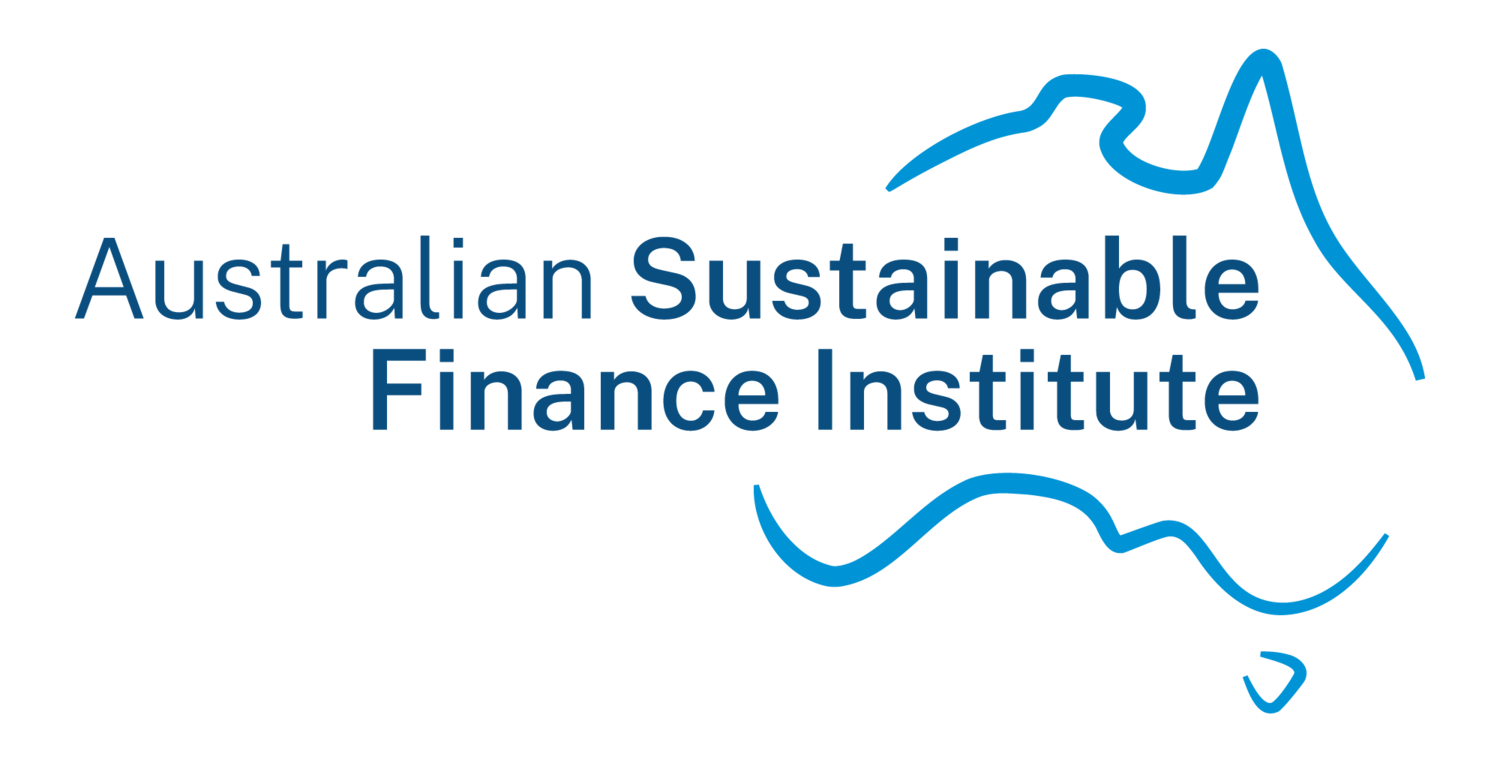
ASFI is proud to be partnering with Macdoch Foundation’s Farming for the Future (FftF) on the 'Valuing Natural Capital' program of work.
Valuing Natural Capital
On this page
About ‘Valuing Natural Capital’
In ASFI’s 2023 Strategy and Business Plan we identified the need to build readiness across the Australian financial system for nature-related risk and opportunity assessment, disclosure and reporting through engagement, capacity building and the delivery of specific projects to demonstrate how some of the challenges identified around natural capital, such as data, metrics, and complexity, can be overcome.
To address this need, ASFI is proud to be partnering with Macdoch Foundation’s Farming for the Future (FftF) on the 'Valuing Natural Capital' program of work to bring together Australia’s agricultural producers and financial institutions to deliver on the Roadmap recommendations by integrating natural capital into decision-making of financial institutions using an evidence-based approach, and enabling tangible on-farm outcomes.
FftF is creating a national-scale evidence base that connects on-farm natural capital management and farm productivity.
About the partnership
The national-scale evidence base is being used to inform the establishment of key natural capital (NC) indicators and metrics related to farm business productivity, profitability, and resilience. It will be designed to help farmers to include natural capital in analysis of their business performance and set goals and targets for specific natural capital outcomes. This will enable banks and agri-investors to work with farmers to invest in natural capital for the benefit of their businesses and for society more broadly.
The ASFI-FftF partnership will seek to:
Explore the key NC indicators established by FftF to determine their linkages with: increased agricultural productivity and profitability, climate adaptation and resilience, nature risk dependencies; and carbon mitigation and carbon sequestration benefits.
Identify and link NC indicators to key financial indicators utilising FftF research project outputs to enable financial institutions and agricultural businesses to better understand risk and productivity.
Work with participants of ASFI’s Natural Capital Advisory Group (NCAG) to test and support the outcomes of the partnership. The group is comprised of expert participants and observers from financial institutions, academia, government, agriculture and property valuation specialists. The NCAG will review case studies and undertake piloting of integrated climate and nature risk assessment, disclosure and reporting.
Identify and validate key NC indicators to underpin agricultural land valuations based on the productive capacity of the landscape.
Equipping the financial sector with the tools to incorporate natural capital into financial decision making will drive increased flows of private capital to nature-positive outcomes on Australia’s vast productive landscapes, provide climate mitigation and adaptation benefits, and ensure the Australian agricultural sector remains highly competitive in global trade markets.
The Natural Capital Advisory Group (NCAG) is comprised of expert participants and observers from financial institutions, academia, government, agriculture and property valuation specialists.
Natural Capital Advisory Group
The NCAG, through exploration of Farming for the Future’s research outcomes from the perspective of the finance sector, help shape the program to collaboratively address the needs of financial institutions in the nature space. A full list of participants and observers can be found below.
Participant organisations (financial institutions):
Observers:
Australian Bureau of Agricultural and Resource Economics and Sciences (ABARES)
Australian Bureau of Statistics (ABS),
Certified Practising Accountants Australia (CPA),
Chartered Accountants Australia & New Zealand (CA ANZ),
Commonwealth Scientific and Industrial Research Organisation (CSIRO),
National Farmers’ Federation (NFF), and
Australian Government representatives from the department of Agriculture, Forestry and Fisheries (DAFF) and the Department of Climate Change, Energy, the Environment and Water (DCCEEW).
Natural Capital Advisory Group Portal


